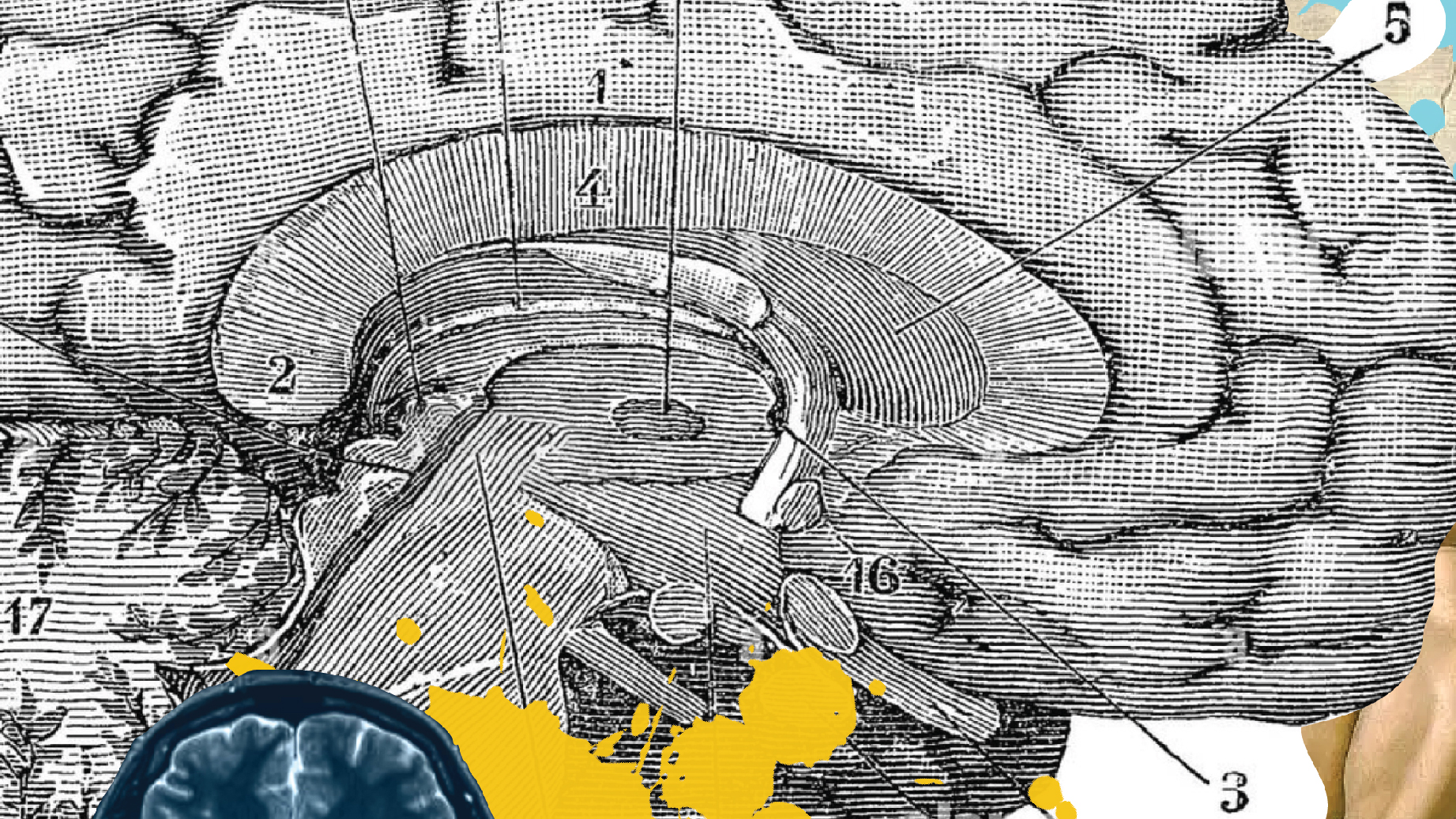
“A giant statue of a king on his throne . . . sort of like Zeus.”
I walked down to a small lake and found a spot where just the Lord and I could meet. I was at a church staff retreat, tasked with answering one question: “What comes to your mind when you think about God?”
A.W. Tozer says the answer to this question is the most important aspect about you. So given extended time to meditate on this prompt seemed a worthwhile endeavor. My untamed thoughts rambled, but soon, a familiar picture came to mind, an image of God I could never escape. He was huge, yet distant. He was strong, yet cold. He was glorious as King upon a throne, high and lifted up, yet I could not even see his face. This was God.
I grew up going to a Catholic church. My parents were kind and generous, but the name of Jesus was seldom spoken in our home. Morality marked my formative years and “being good” became the chief end of my life. I always believed in God. His existence was never the question. The real question, I would discover later, was “what God did I believe in?”
The God I believed in supposedly loved me, but didn’t really like me. My behavior on any given day predicated our relationship. God was on a swivel chair throne. When I was good (based on my own checklist), he would face me and smile. When I was bad, he would swing his chair around and give me the frown of heaven. In order to win his approval, I had to clean myself up.
I lived under the weight of trying to appease God based on my performance. It was exhausting. I was always striving, but never arriving. I was always in the courtroom before God, but never acquitted. I was miserable.
I trusted Christ in middle school. I longed for a relationship–not ritual–with this almighty God. I trusted in Jesus, walked on air for about a week, then fell back into old sin patterns. That swivel chair started to creak again. God was turning away from me. I needed rituals to win his favor again. Self-loathing became my penance. If I could just beat myself up enough for every shortcoming, then God would truly know I was sorrowful for my sin. He would be ok with me again. What a depressing experience, far from the life God desired for me.
Over the years, my knowledge of God grew. I started walking with Jesus daily, plugged into a community of believers who showed me love, served in ministry, and even went to seminary. Knowledge of God was helpful in intellectually knowing about him, but it is rather different than intimately knowing him.
As my mind explored deeper truths, my heart hurried to catch up. It seemed like I would intake a vast array of information, then God would put me through an experience (sometimes good, sometimes hard), in order to trade knowledge of God for truly knowing God. God used depression, job loss, uncertainty about the future, joy in the birth of my kids, restful seasons, and life’s excitement to push me into a deeper relationship with Him.
Even still, sitting by the lake on a church staff retreat, I could not shake this image of a distant God on a throne. I knew who God was (and had my masters to prove it!), but struggled to experience the God who is for who he is.
As I reflect on my journey so far with Jesus, I see his handiwork so intricately woven through it all. He has brought the right people at the right time to help me further up and further into him. A few years ago, the Lord brought the people at Eden Project into my life. The Lord quickly used them to topple the swivel chair, dislodging false narratives and images. Over the next few years I signed up for every pilot program they workshopped, the foundation that would later become Eden Project.
Eden Project’s God Image Diagnostic Assessment was one of the primary catalysts for spiritual growth and transformation in that season. The questions revealed my false images of God as he replaced them with a clearer picture.
I remember sitting in a room with a few dozen people for the assessment. After a few hours of questions, prompts, and spiritual exercises, I left with sharp, fresh clarity. My view of a swivel-chair God came from trying to earn the approval of authority figures, coaches, and early attachment figures. I believed I needed to be a certain type of person to win their love, namely good enough. No wonder God felt so powerful, yet so distant and cold.
Through the exercises, I realized my false narrative. I assumed God’s face of disappointment when Peter sank in the water, though the text never indicates Jesus’s emotion. I imagined God in the back of the room, silently observing my every movement. I drew God the way I always had–on his throne, frozen like a statue.
The clarity of these patterns shocked me. I had wrongly attributed God to formative relationships and experiences. Little did I know that God had placed this diagnostic in my story at just the right time to shatter my false view of him and replace it with a more accurate one.
Only a few weeks after these exercises, I settled in on the lakeside, three quiet, uninterrupted hours to meditate on that simple yet daunting question, “What comes to your mind when you think about God?” God’s timing never ceases to amaze me.
A whole lifetime of images tore through my mind. I saw coaches upset when I failed to win for them. I saw teachers who ignored me because of my speech impediment. I saw former bosses who dismissed me if I failed to produce for them. All the while, God sat on his throne, distant.
Then, something remarkable happened. As I sat before God, feeling small and helpless, God stood up. The statue moved. Frozen, cold God picked up his legs and walked towards me. Me.
At first I rejected the image. “No God! You don’t come to me, I come to you. Let me be your good little boy. Let me be your good servant, your good soldier. Let me perform!” But God kept approaching. He walked up to me and did the unthinkable. He hugged me.
Time stood still. God was no longer a still statue; I was . . . hesitant in the God of the universe’s confident embrace.
Then I heard him say, “You want to be a good soldier and a good servant, because in those you still think you can perform before me. I want something more for you. I want you to be my son, because that is what you are. You are fully accepted by me, right here, right now. I hold you. I have always held you, because I love you.” In that moment, my callous heart shattered. I cried, not tears of sorrow, but of joy. Despite my breakdown, he held me tight. He keeps holding me tight.
Over the years I have become more attuned to my false god images. As he brings these to the surface, He continually replaces them with who he actually is: the God who is love.
Since then, God no longer spins around in his swivel chair. I feel his warm embrace. His arm around me in the hospital room while waiting for the birth of our son. His tear-filled eyes when we lost our child in the womb. His kiss on my forehead when my life flipped upside down.
These are not the images I grew up believing. They are richer and truer to who God actually is.
Though life fluctuates between sweet and sour, one truth remains: he holds me.

